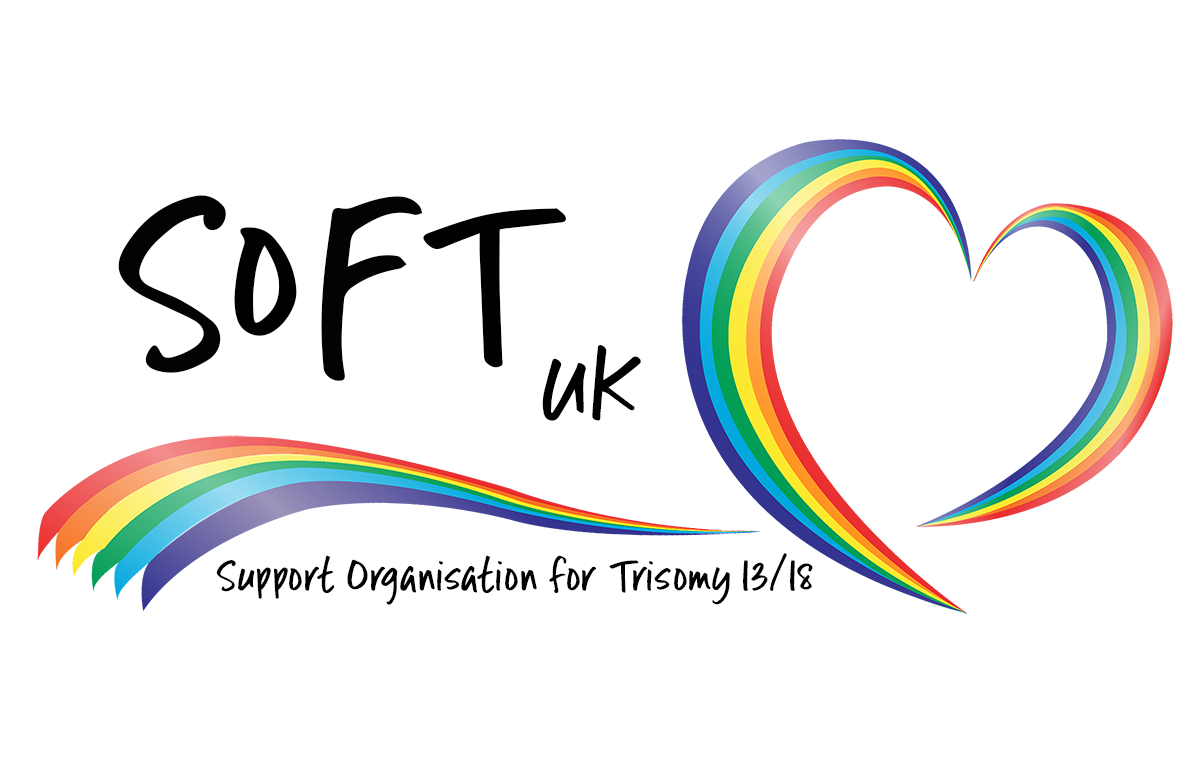The Stages of Grief: Debunking the Myths
Grief is a complex and deeply personal experience that many associate with the five stages of grief: denial, anger, bargaining, depression, and acceptance. Popularized by Elisabeth Kübler-Ross in her work on terminally ill patients, these stages have since been widely applied to all types of loss.
While the model has helped many understand their emotions, it’s often misunderstood. Grief doesn’t follow a predictable path, nor is it a "checklist" to complete. At SOFT UK, we aim to provide a clearer understanding of grief by debunking common myths surrounding these stages and offering guidance for those navigating loss.
Myth 1: Grief Follows a Linear Path
One of the most common misconceptions is that grief unfolds step by step, with each stage neatly following the last. In reality, grief is anything but linear. You may experience multiple stages at once, revisit earlier ones, or skip some altogether.
The Reality:
Grief is a fluid process. It can ebb and flow, with emotions resurfacing unexpectedly, even long after the initial loss. This is normal and does not mean you’re grieving “incorrectly.”
Myth 2: The Stages of Grief Apply to Everyone
The five stages were originally developed to describe the emotions of terminally ill patients coming to terms with their diagnosis, not as a universal roadmap for grief. Applying them rigidly can lead to unrealistic expectations.
The Reality:
Grief is deeply individual. Your relationship to the loss, cultural background, and personality all shape your grieving process. There is no universal experience, and that’s okay.
Myth 3: Acceptance Means "Moving On"
Acceptance is often misunderstood as an endpoint—a moment when you’ve "gotten over" the loss. This misconception can make people feel pressured to stop grieving or feel guilty for continuing to mourn.
The Reality:
Acceptance doesn’t mean forgetting or no longer feeling pain. It’s about learning to live with the loss, finding ways to carry it while moving forward in life. It’s a gradual process and doesn’t signal an end to your grief.
Myth 4: Grief Is Primarily Emotional
While grief is often associated with feelings like sadness or anger, its effects extend far beyond emotions.
The Reality:
Grief can impact your entire being—emotionally, physically, and mentally. You might experience physical symptoms like fatigue, headaches, or weakened immunity, as well as difficulty concentrating or making decisions. Recognizing these effects can help you approach grief more holistically.
Myth 5: You Must Grieve Alone to Heal
Many people believe that grief is a solitary journey and that leaning on others is a sign of weakness.
The Reality:
Support from loved ones or community groups can be invaluable in the grieving process. Sharing your feelings doesn’t diminish your grief—it helps you process it. SOFT UK provides a safe space for individuals and families to connect with others who understand their pain.
Reframing the Stages of Grief
Rather than treating the stages of grief as rigid rules, think of them as a loose framework to describe common emotions people might experience. They are not prescriptive or exhaustive but can help you identify and validate your feelings.
Navigating Your Grief with SOFT UK
At SOFT UK, we understand that every grief journey is unique. Whether you’ve experienced the loss of a child, a pregnancy, or another life-altering event, we are here to offer support, resources, and connection.
Join a support group: Sharing your story can help you feel less alone.
Access resources: Our website offers practical advice and emotional support tailored to your needs.
Speak to someone: Reach out to a counselor or peer supporter who understands your experience.
Grief is not a test to pass or a process to complete—it’s a personal journey, unique to you. By debunking these myths and embracing the complexity of grief, we hope to provide comfort and understanding as you navigate this challenging time.
For support please contact support@soft.org.uk
